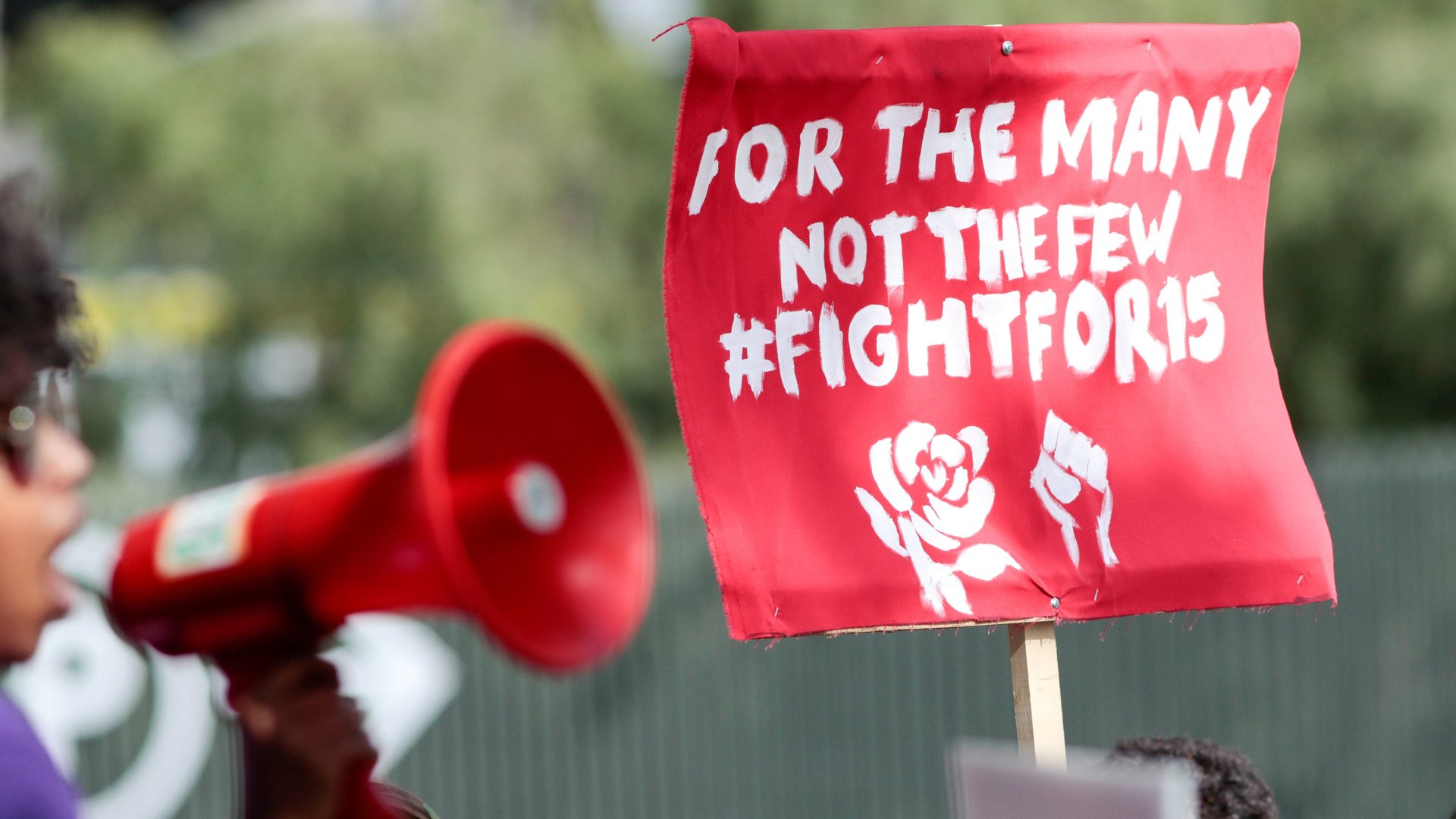A timeline charting the new rise of employee activism
Over the last decade, American workers have been dramatically changing their relationship with their employers. When large firms across industries have underpaid or mistreated workers, paid out bad actors, or failed to take a stand for what’s right, employee activists have increasingly pushed back, pressuring companies to do the right thing.


Over the last decade, American workers have been dramatically changing their relationship with their employers. When large firms across industries have underpaid or mistreated workers, paid out bad actors, or failed to take a stand for what’s right, employee activists have increasingly pushed back, pressuring companies to do the right thing.
These actions have accelerated as a result of the coronavirus pandemic, with potentially global implications. “In the first half of 2015, there were six instances of employee activism in tech firms reported in mainstream media. In the first half of 2020, there were 60,” Mae McDonnell, a professor at the University of Pennsylvania’s Wharton business school, recently told WBUR.
Here are some milestones of the new employee activism. Unless otherwise indicated, you can assume that the corporate response followed a familiar pattern: give lip-service to the employees and their demands, take little to no action, and push out the boat rockers, the very employees who are most engaged in the company’s wellbeing and future. However, as Michelle Miller, co-founder of Coworker.org told Quartz, “Did the thing work?” is the wrong question to ask. It’s the culmination of individual actions that may ultimately lead to a major paradigm shift.
